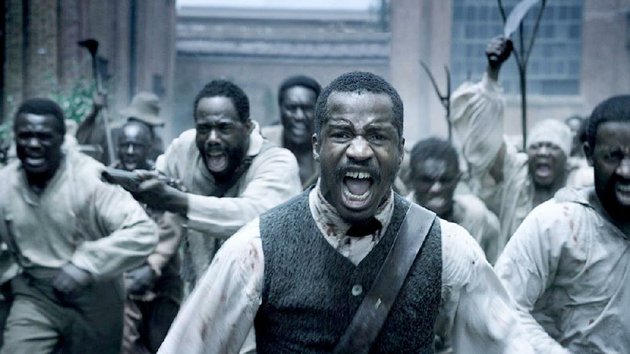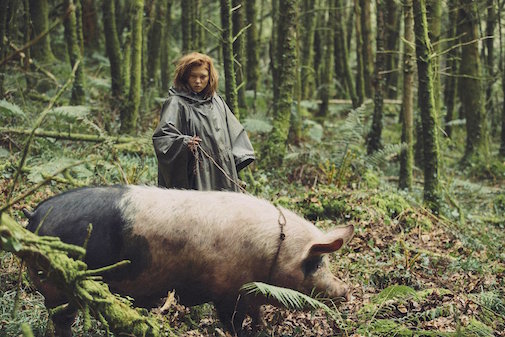Interview: 'Rams' Director Grímur Hákonarson on Working with Sheep and Icelandic Idiosyncrasy
 Wednesday, February 3, 2016 at 12:30PM
Wednesday, February 3, 2016 at 12:30PM In Grímur Hákonarson’s darkly funny Rams, two brothers who haven’t spoken in decades must unite forces to save their legacy when the government demands all their livestock must be slaughtered to contain a disease. Hidden behind long beards and stubbornness, Gummi (Sigurður Sigurjónsson) and Kiddi (Theodór Júlíusson) take on the impossible task of trying to outsmart the government, making for a fascinating allegory about the things we lose in the name of progress. After premiering at the Cannes Film Festival, where it won the top prize in the Un Certain Regard category, Rams went on to being chosen as Iceland’s Foreign Language Oscar submission. As the film opens in the US, I got a chance to sit down with Hákonarson who spoke about how his childhood shaped the film, how Cannes changed his life, and shared interesting trivia about sheep.
JOSE: Your parents used to send you to the country to work during the summers. Did you ever think of this as a punishment in any way?
 Grímur Hákonarson,
Grímur Hákonarson,  Iceland,
Iceland,  foreign films,
foreign films,  interview,
interview,  zoology
zoology 









